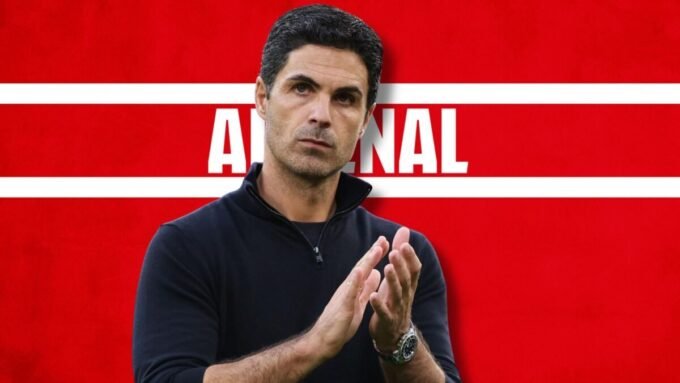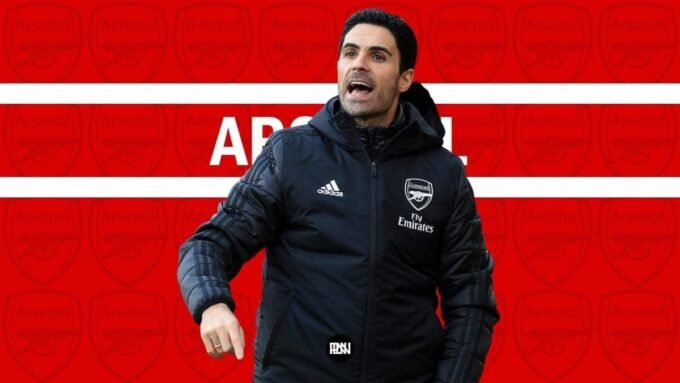In the ever-pulsating world of rock and roll, feuds between artists often grab as much attention as their music. One such conflict that made headlines involves rock legends Roger Waters and Jon Bon Jovi, with their clash centered around a deeply divisive political issue. Here’s an in-depth look into the controversy that pits the former Pink Floyd frontman against the leading light of Bon Jovi.
The Background: Waters vs. Bon Jovi on the Israel-Palestine Conflict
Roger Waters, best known for his seminal work as the bassist and co-lead vocalist of Pink Floyd, has been a prominent figure in rock music. Since his acrimonious departure from the band, Waters has channeled his artistic influence into political activism, particularly concerning the Israel-Palestine conflict. In 2013, he became a vocal advocate for the Boycott, Divestment, Sanctions (BDS) movement, which calls for an international cultural boycott of Israel.
Waters’ stance has elicited strong reactions from both supporters and critics. The controversy escalated in 2015 when Bon Jovi announced their plans to perform in Tel Aviv, Israel. Jon Bon Jovi, the charismatic frontman of the group, expressed his enthusiasm about performing in Israel for the first time. In an interview with “Yediot Aharonot,” Jon Bon Jovi stated, “Yes, I heard about that but it doesn’t interest me. I told my managers to give one simple answer: That I’m coming to Israel and I’m excited to come.”
Also reaD: Meet Meghan Dressel: The Woman Behind USA Swimmer Caeleb Dressel’s Success
The Public Clash: Waters’ Open Letter
Roger Waters did not take kindly to Bon Jovi’s dismissal of the boycott. In response, he penned an open letter to Jon Bon Jovi, which was published by the media outlet Salon. The letter was a scathing critique of Bon Jovi’s decision to perform in Tel Aviv. “So the die is cast, you are determined to proceed with your gig in Tel Aviv … You are making your stand,” Waters began.
Waters accused Bon Jovi of apathy towards the suffering of Palestinians, alleging that by performing in Israel, Bon Jovi was implicitly endorsing the actions of the Israeli government. “To stand by silent and indifferent is the greatest crime of all,” Waters’ letter concluded, attempting to emphasize the moral gravity of Bon Jovi’s decision.
#### Bon Jovi’s Rebuke and Tel Aviv Performance
Despite Waters’ pointed criticism, Bon Jovi was unwavering in his resolve to perform in Israel. The controversy reached its peak when Bon Jovi took the stage in Tel Aviv. According to The Jerusalem Post, during the concert, Jon Bon Jovi introduced the song “We Don’t Run” by suggesting that it should be “the fight song for Tel Aviv.” His onstage remarks were seen as a direct rebuttal to Waters’ accusations and a statement of solidarity with his Israeli fans.
The Aftermath: A Lasting Feud
The clash between Roger Waters and Jon Bon Jovi highlights the broader tensions within the music industry regarding the Israel-Palestine conflict. Waters has continued to be an outspoken critic of artists who perform in Israel, while Bon Jovi’s Tel Aviv performance solidified his position as one of the more notable musicians willing to defy the boycott movement.
This feud underscores the intersection of art and politics and raises questions about the responsibilities of public figures in the face of complex global issues. For Roger Waters, leveraging his platform to advocate for geopolitical causes is a moral imperative. Conversely, Jon Bon Jovi’s approach suggests a belief in the unifying power of music, transcending political divides.
ALso reaD: Miles Teller: From Baseball Dreams To Hollywood Stardom
Human Perspectives
The public feud offers a window into how celebrities navigate their convictions and public personas. For Waters, the issue is deeply personal, blending his art with activism in a manner reminiscent of Pink Floyd’s politically charged anthems. Meanwhile, Jon Bon Jovi’s career, known for its heartfelt rock anthems and love ballads, reflects a different kind of engagement with his audience – one that prioritizes direct connection over political statement.
The divergent paths taken by these iconic musicians echo the broader debates within the artistic community about the role of culture in activism. As both Waters and Bon Jovi continue to tour and create music, their respective stances on the Israel-Palestine conflict remain a defining aspect of their legacies.
Conclusion
The feud between Roger Waters and Jon Bon Jovi is more than just a celebrity spat; it’s a reflection of the broader, contentious debate over cultural boycotts and political expression in the arts. As global politics continue to influence the world of rock music, these moments of conflict highlight how deeply interconnected art, ethics, and activism can be.








































Leave a comment